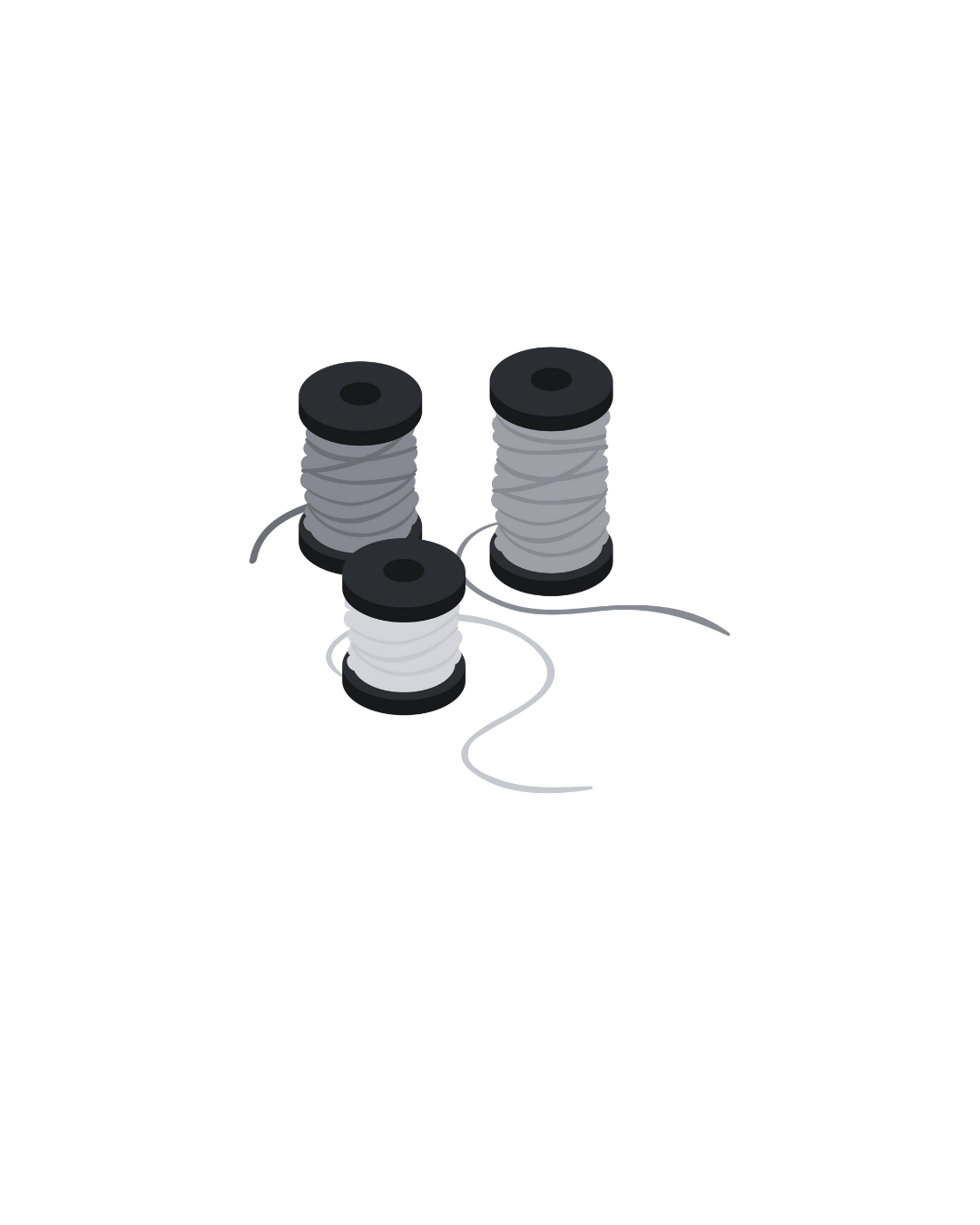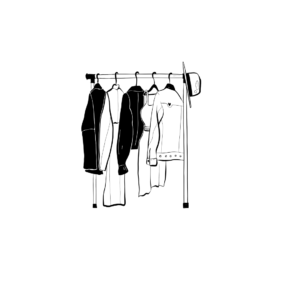Description
A Master of Science (M.Sc.) in Fashion & Apparel Design is a graduate program that provides students with advanced knowledge and skills in the design, creation, and marketing of clothing and fashion products. This program typically combines creative design education with technical training in aspects such as garment construction, textile science, and industry practices, preparing graduates for various roles in the dynamic fashion industry.
Curriculum Overview
The curriculum for an M.Sc. in Fashion & Apparel Design often includes a blend of theoretical courses, practical training, and project-based work. While specific offerings can vary by institution, the following components are common:
Core Components
Fashion Design Principles:
Exploration of the fundamental principles of fashion design, including color theory, form, silhouette, and draping techniques.
Textile Science:
Understanding the properties of fabrics and materials, including fiber types, fabric construction, and sustainable textile practices.
Garment Construction:
Technical training on garment construction techniques, including pattern making, sewing, fitting, and finishing processes.
Fashion Illustration and CAD:
Instruction in fashion illustration techniques and the use of computer-aided design (CAD) software to create professional design presentations.
Trend Analysis and Forecasting:
Analyzing current fashion trends and market dynamics, including techniques for forecasting future trends and consumer preferences.
Sustainable Fashion Practices:
Examination of sustainability in the fashion industry, focusing on eco-friendly materials, ethical manufacturing, and responsible production processes.
Business of Fashion:
Understanding the marketing, merchandising, and retail aspects of the fashion industry, including branding strategies and consumer behavior.
Collection Development:
Creating a cohesive fashion collection, focusing on conceptualization, design development, and market positioning.
Fashion Marketing and Management:
Exploring marketing strategies specific to the fashion industry, including social media, digital marketing, and event management.
Capstone Project or Thesis:
A culminating project that allows students to demonstrate their design skills and knowledge, often resulting in a fashion collection or research paper on a relevant topic in fashion.
Career Opportunities
Graduates of an M.Sc. in Fashion & Apparel Design can pursue a wide range of careers in the fashion industry, including:
Fashion Designer: Creating original garments and collections for various markets, focusing on aesthetics and functionality.
Apparel Product Developer: Collaborating with manufacturers to design and produce clothing lines, ensuring quality and cost-effectiveness.
Textile Designer: Developing patterns and materials for garments, focusing on innovation in textile design.
Fashion Merchandiser: Analyzing market trends to inform product selection and sales strategies in retail environments.
Costume Designer: Designing clothing for theatrical productions, television, or film, emphasizing character and narrative.
Brand Manager: Overseeing a fashion brand?s identity, marketing initiatives, and product development strategies.
Fashion Illustrator: Creating drawings or digital illustrations of fashion designs for presentations, portfolios, or marketing materials.
Sustainable Fashion Consultant: Advising brands on best practices for sustainable design and production methods to reduce environmental impact.
Further Education
After completing an M.Sc. in Fashion & Apparel Design, graduates may choose to pursue specialized certifications in areas such as fashion marketing, sustainable design, or advanced pattern making. Some may also consider doctoral studies in fashion research or related interdisciplinary fields.
If you have any questions about the Master of Science in Fashion & Apparel Design program, potential career paths, or related topics, feel free to ask!









